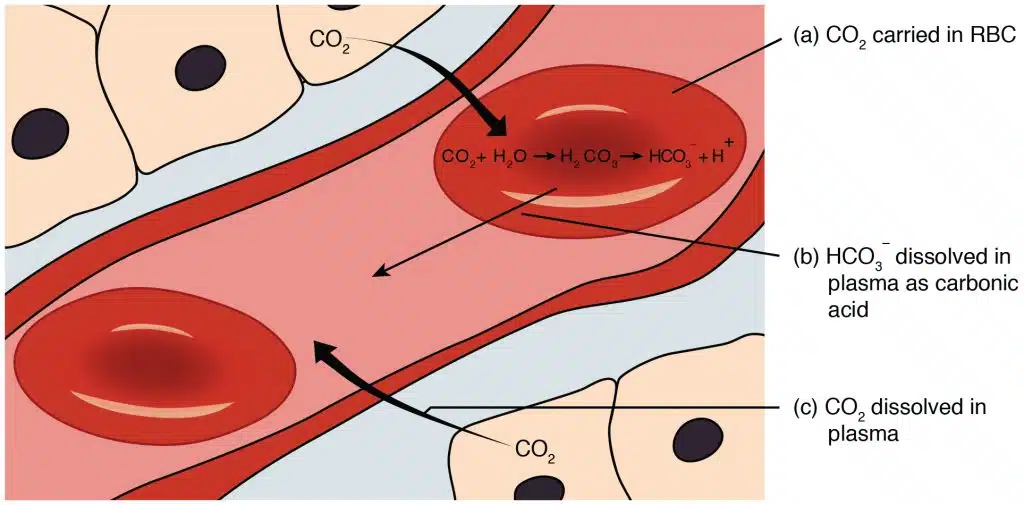Hormones play a critical role in the human body as they act as chemical messengers and regulate numerous bodily functions. They are mainly produced by endocrine glands and secreted into the bloodstream, where they travel to target tissues or organs. The primary endocrine glands in the human body are the hypothalamus, pituitary, thyroid, parathyroids, adrenals, pineal body, and reproductive glands, such as ovaries and testes. One of the key aspects of hormones is the help in maintaining homeostasis - a state of balance and stability in the body. They do so by ensuring optimal functioning of various physiological systems, including metabolism, growth, reproduction, energry production, stress management, sleep, and many more.
Growth and development are highly regulated by hormones, primarily by growth hormone (GH) secreted by the pituitary gland. GH stimulates the liver and other tissues to produce insulin-like growth factors (IGFs), which promote cell growth, cell division, and maintenance of tissues and organs. Another hormone critical to growth is the thyroid hormone, which also influences the development of the nervous system, bone growth, and energy metabolism. Metabolism, which refers to the ongoing chemical reactions within cells that sustain life, including the breakdown of nutrients to produce energy, is also heavily influenced by hormones. Thyroid hormones regulate metabolic rate, while insulin and glucagon, secreted by the pancreas, control blood sugar levels by regulating glucose uptake, storage, and release. These hormones are crucial for maintaining the body's energy balance and preventing the potentially damaging effects of excessive or low blood sugar levels. In addition to their role in growth and metabolism, hormones are also vital for the functioning of the reproductive system.
In females, follicle-stimulating hormone (FSH) and luteinizing hormone (LH) are responsible for controlling the menstrual cycle, ovulation, and the development of female secondary sexual characteristics. Estrogen and progesterone, produced by the ovaries, play a significant role in regulating the female reproductive cycle and maintain the pregnancy. In males, testosterone, secreted by the testes, contributes to the development of male secondary sexual characteristics, spermatogenesis, and regulation of libido. Stress management is another critical function regulated by hormones. When exposed to stressors, the hypothalamus releases corticotrophin-releasing hormone (CRH), which stimulates the pituitary gland to secrete adrenocorticotropic hormone (ACTH). ACTH, in turn, prompts the adrenal glands to produce cortisol, the primary stress hormone. Cortisol is responsible for a range of stress responses, including the mobilization of glucose and fatty acids, modulation of immune function, and the suppression of non-essential bodily processes. While these responses are adaptive in the short term, chronic stress may result in hormonal imbalance and various health problems. Sleep is essential for overall health, and hormones play a significant role in maintaining sleep-wake cycles. Melatonin, produced by the pineal gland, is the primary hormone responsible for controlling sleep patterns. It is released in response to darkness and works to adjust the body's internal clock, promoting sleep onset and ensuring a good night's rest. In addition to melatonin, several other hormones, such as cortisol and growth hormone, exhibit diurnal rhythms and contribute to the overall regulation of sleep. Hormones also play a crucial role in maintaining electrolyte balance and hydration. For example, the antidiuretic hormone (ADH), also known as vasopressin, is secreted by the pituitary gland in response to low blood volume or high blood osmolarity. ADH acts on the kidneys to conserve water and increase urine concentration, thus helping to maintain blood volume and prevent dehydration. Another hormone involved in electrolyte balance is aldosterone, secreted by the adrenal glands. Aldosterone acts on the kidneys to increase the reabsorption of sodium, with an accompanying water retention, raising blood pressure and volume. This hormone is regulated by the renin-angiotensin-aldosterone system (RAAS), which responds to low blood pressure and volume. It's essential to maintain hormonal balance, as imbalances can lead to a range of disorders. For instance, abnormal levels of thyroid hormones can result in hypothyroidism or hyperthyroidism, causing symptoms such as weight gain, lethargy, or anxiety. Similarly, an imbalance in insulin and glucagon can lead to diabetes, a chronic condition with potentially severe complications. Therefore, understanding the role of hormones in the body and recognizing the signs of hormonal imbalance can be vital for overall health and well-being. In conclusion, hormones play a critical role as chemical messengers that regulate various physiological processes in the body, such as growth, metabolism, reproduction, stress management, sleep, and electrolyte balance. They are produced by endocrine glands and act on specific target tissues or organs to maintain homeostasis and ensure optimal functioning. Proper hormonal balance is crucial for maintaining health, and imbalances can result in various disorders. By understanding hormones' essential functions, we can better appreciate how these substances contribute to our overall health and recognize when hormonal imbalances may be present .



